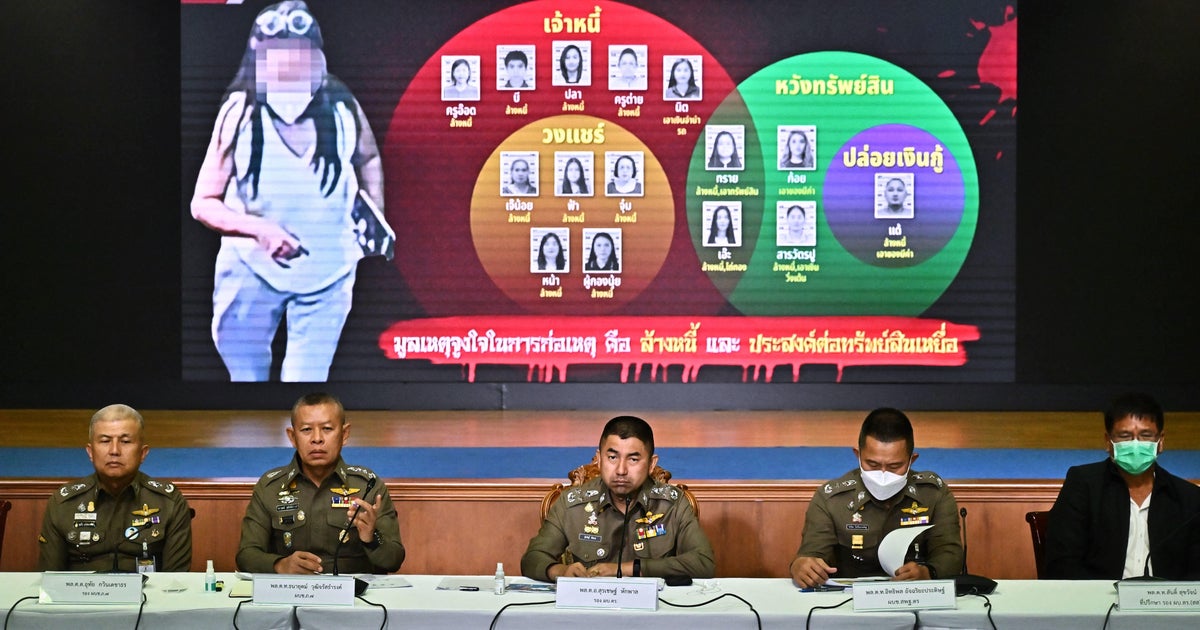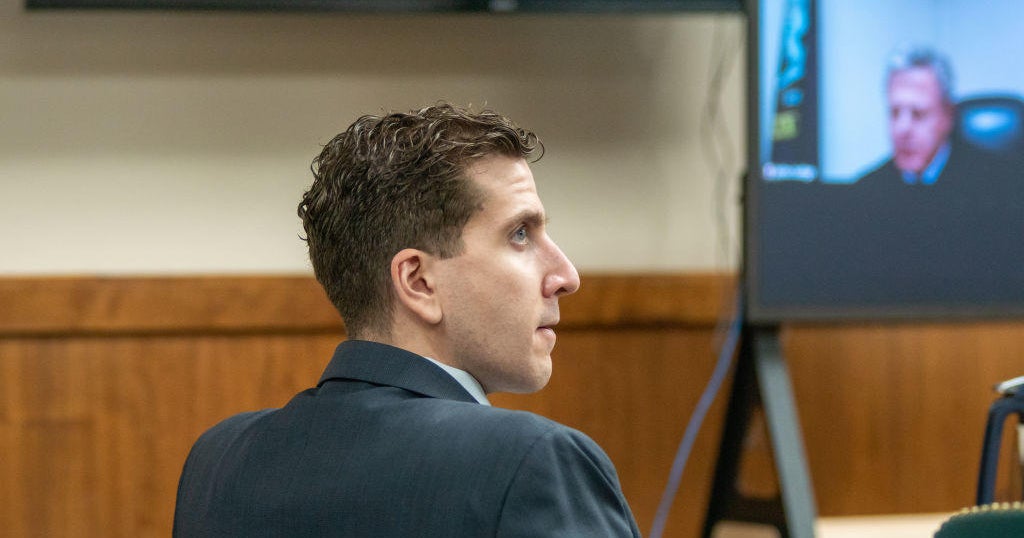Parents of LSU fraternity pledge file $25M suit after son's alleged hazing death
NEW ORLEANS -- The parents of a Louisiana State University freshman who died of alcohol intoxication last year after an alleged fraternity hazing filed a federal lawsuit Thursday against the university board, the fraternity and several of the fraternity's members. Stephen and Rae Ann Gruver's lawsuit on behalf of their son, Maxwell Gruver, of Roswell, Georgia, was filed in U.S. District Court in Baton Rouge. Defendants include Phi Delta Theta fraternity and four students already facing criminal charges in the 18-year-old Gruver's death last September.
The lawsuit, which seeks $25 million, alleges that LSU responds with "deliberate indifference" to allegations of hazing at fraternities. It also says Phi Delta has "a long history of dangerous misconduct at universities across the country."
Thursday's suit recounts details of events leading up to Gruver's death, many of which have also been made public in a police report. The report suggests Gruver was forced to drink to excess during a game or initiation ritual called "Bible Study" on Sept. 13, the night before his death. Pledges were forced to drink if they incorrectly answered questions about the fraternity, according to arrest warrants filed by the East Baton Rouge Parish Sheriff's Office.
The report says Gruver was likely targeted for arriving late to other activities or for complaining about an earlier hazing incident. The suit says he was made to drink more than other pledges. It says he took at least 10 to 12 "pulls" from a bottle of 190-proof liquor.
A witness told police that Gruver was "highly intoxicated" when fraternity members laid him on the couch and left the house sometime early that morning. The next day, he was dead.
"By 11:30 p.m., Max was incapacitated and in visible need of emergency medical or other responsible care. Yet, fraternity members left Max, unconscious, on a couch," the lawsuit says. Gruver was still unconscious the next morning but, rather than seek emergency assistance, the suit says, pledges were told to take Gruver to the hospital "and to lie and tell hospital staff they had found Max in his dorm room."
Gruver died at the hospital on Sept. 14. The coroner in Baton Rouge said he died of acute alcohol intoxication and from inhaling vomit and other fluids into his lungs. His blood-alcohol level was 0.495 percent, the coroner said. The legal blood-alcohol limit for driving in Louisiana is 0.08 percent.
The death was ruled an accident.
A grand jury in March indicted 20-year-old Matthew Alexander Naquin of Boerne, Texas, on a charge of felony negligent homicide, and three others -- Patrick Forde, Sean Paul Gott, and Ryan Isto-- on a misdemeanor charge of hazing. The felony charge is punishable by up to five years in prison. The misdemeanor is punishable by up to a maximum of 30 days in jail.
Gruver's death led the Louisiana Legislature this year to toughen anti-hazing laws. His parents testified at a legislative committee. LSU announced in March that it rescinded the fraternity's registration at the college, barring it from sponsoring events or soliciting new members until the end of 2032. Shortly after Gruver's death, Phi Delta Theta said it was suspending operations at LSU.
Four people, all defendants in Thursday's suit, have pleaded not guilty to criminal charges in connection with Gruver's death. Other fraternity members, including 10 identified only as John Doe, also are defendants.
LSU spokesman Ernie Ballard said in an email Thursday that the university had not yet been served with the lawsuit and declined immediate comment. LSU President F. King Alexander said last year the university is "taking necessary steps to change the culture on campus related to hazing."
Phi Delta Theta official Sean Wagner declined comment on specifics of the lawsuit but noted a statement on the fraternity's website saying a thorough review of the fraternity's health and safety polices was initiated immediately after the incident and has led to new policies and programs.



